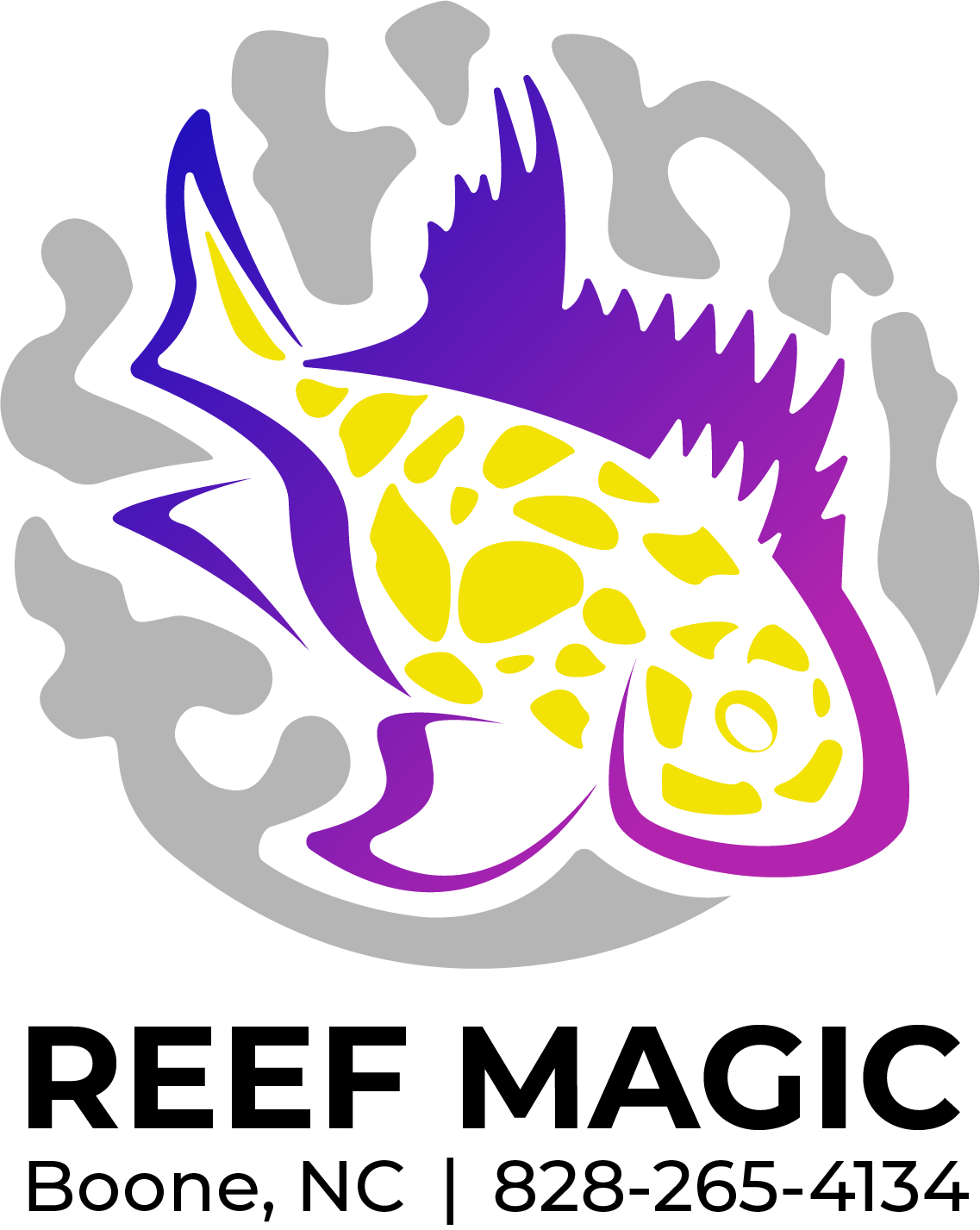 Image 1 of 1
Image 1 of 1


Damsel- Assorted
Damsel fish are a group of small, hardy, and colorful marine fish that are commonly kept in saltwater aquariums. They are often chosen by both beginner and experienced marine aquarists due to their vibrant colors and relatively low care requirements. Here are some general care guidelines for damselfish:
Tank Size:
The tank size for damselfish can vary depending on the specific species, but in general, a tank of at least 20-30 gallons is suitable for most common damselfish species.
Water Parameters:
Maintain stable water parameters with a temperature range of 74-82°F (23-28°C).
Keep the salinity at around 1.020-1.025 specific gravity.
Maintain a stable pH level between 8.1 and 8.4.
Tank Setup:
Provide a well-aerated environment with good water flow to mimic their natural reef habitat.
Use live rock structures and create hiding spots with caves and crevices to establish territories and provide shelter.
Compatibility:
Damselfish can be territorial and may become aggressive, especially when establishing territories.
Be cautious when keeping multiple species of damselfish in the same tank, as aggression can occur.
Diet:
Damselfish are generally omnivorous and will accept a variety of foods, including high-quality marine pellets, flakes, frozen foods, and live foods.
Offer a balanced diet that includes a mix of meaty and vegetable-based foods to ensure their nutritional needs are met.
Behavior:
Damselfish are active swimmers and may display territorial behavior, particularly in smaller tanks.
Some species may exhibit shoaling behavior when kept in small groups.
Observation:
Keep a close eye on the health and behavior of your damselfish and look for signs of stress, illness, or abnormal behavior.
It's important to note that while many damselfish are known for their vibrant colors and hardiness, some species can be quite aggressive and may not be suitable for a peaceful community reef aquarium. Research the specific species of damselfish you intend to keep to understand its behavior and compatibility with other tank inhabitants.
As with any marine species, maintaining stable water conditions, providing proper nutrition, and paying attention to their behavior and well-being are essential for the successful care of damselfish in your saltwater aquarium.
Damsel fish are a group of small, hardy, and colorful marine fish that are commonly kept in saltwater aquariums. They are often chosen by both beginner and experienced marine aquarists due to their vibrant colors and relatively low care requirements. Here are some general care guidelines for damselfish:
Tank Size:
The tank size for damselfish can vary depending on the specific species, but in general, a tank of at least 20-30 gallons is suitable for most common damselfish species.
Water Parameters:
Maintain stable water parameters with a temperature range of 74-82°F (23-28°C).
Keep the salinity at around 1.020-1.025 specific gravity.
Maintain a stable pH level between 8.1 and 8.4.
Tank Setup:
Provide a well-aerated environment with good water flow to mimic their natural reef habitat.
Use live rock structures and create hiding spots with caves and crevices to establish territories and provide shelter.
Compatibility:
Damselfish can be territorial and may become aggressive, especially when establishing territories.
Be cautious when keeping multiple species of damselfish in the same tank, as aggression can occur.
Diet:
Damselfish are generally omnivorous and will accept a variety of foods, including high-quality marine pellets, flakes, frozen foods, and live foods.
Offer a balanced diet that includes a mix of meaty and vegetable-based foods to ensure their nutritional needs are met.
Behavior:
Damselfish are active swimmers and may display territorial behavior, particularly in smaller tanks.
Some species may exhibit shoaling behavior when kept in small groups.
Observation:
Keep a close eye on the health and behavior of your damselfish and look for signs of stress, illness, or abnormal behavior.
It's important to note that while many damselfish are known for their vibrant colors and hardiness, some species can be quite aggressive and may not be suitable for a peaceful community reef aquarium. Research the specific species of damselfish you intend to keep to understand its behavior and compatibility with other tank inhabitants.
As with any marine species, maintaining stable water conditions, providing proper nutrition, and paying attention to their behavior and well-being are essential for the successful care of damselfish in your saltwater aquarium.



